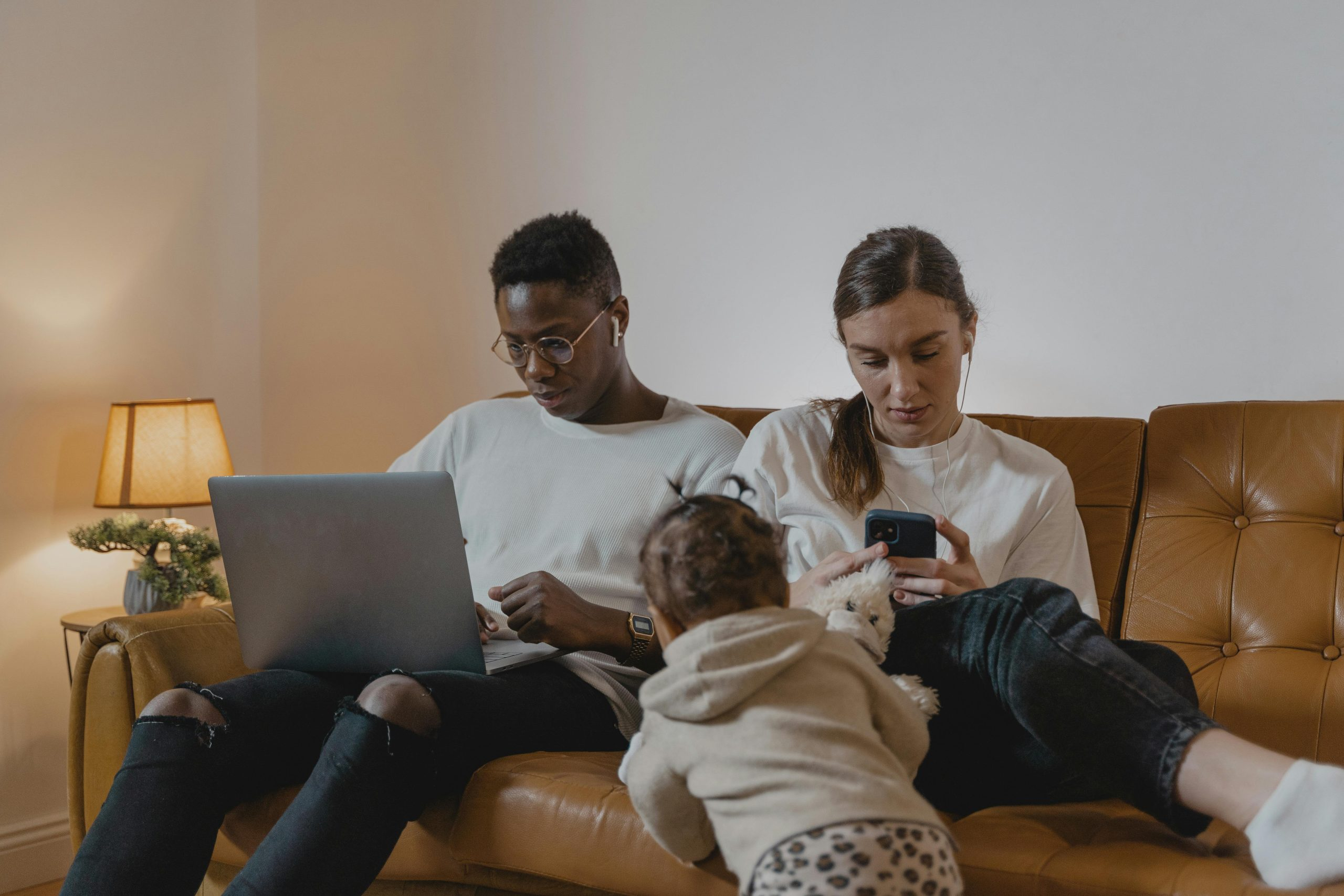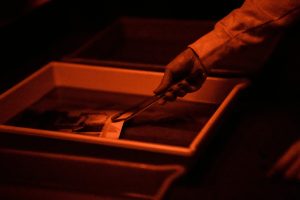Choosing The Best Noise-Monitoring Devices For Kids
Welcome to the world of parenting, where sleepless nights and unexpected surprises are the new normal. One of the biggest challenges for parents is ensuring the safety and well-being of their children, especially when it comes to their health. Children are naturally curious and tend to explore their surroundings, often getting exposed to loud noises that can have a negative impact on their hearing. As a parent, it’s important to take proactive measures to protect your child’s hearing. This is where noise-monitoring devices come in. In this article, we’ll take a deep dive into choosing the best noise-monitoring devices for kids, so you can make an informed decision and keep your child’s hearing in check.
What are Noise-Monitoring Devices?
Noise-monitoring devices, also known as decibel meters, are portable devices that measure the intensity of sound in a given area in decibels (dB). They come in various shapes and sizes, from basic handheld devices to advanced gadgets with Bluetooth connectivity and data tracking capabilities. These devices are designed to alert parents when the sound levels reach harmful levels, allowing them to take necessary precautions.
The Importance of Noise Monitoring for Kids
According to the World Health Organization (WHO), noise-induced hearing loss affects millions of children worldwide, with the numbers increasing every year. Exposure to loud noises can have a long-term impact on a child’s hearing, leading to speech and developmental delays. As a parent, it’s crucial to monitor your child’s exposure to loud sounds to prevent any potential damage to their hearing.
Factors to Consider When Choosing Noise-Monitoring Devices for Kids
With a plethora of options available, choosing the right noise-monitoring device for your child can be an overwhelming task. Here are some factors to consider before making a purchase:
Accuracy of Measurements
Accuracy is crucial when it comes to noise-monitoring devices, as a slight miscalculation can put your child at risk. Look for devices that have been tested and certified by relevant authorities for accurate measurements.
Range and Sensitivity
The range and sensitivity of a noise-monitoring device determine its effectiveness in detecting harmful noise levels. Look for devices that have a wide range and can detect noise between 30-130 dB.
Portability and Durability
Since you’ll be using the device on your child, it’s essential to choose a device that is lightweight and portable. Consider the material used and ensure it can withstand accidental drops and spills.
Extra Features
Some noise-monitoring devices come with additional features like Bluetooth connectivity, data tracking, and alarms. While these features are not a necessity, they can be convenient and add value to the device.
User-Friendliness
Choose a device that is easy to use and understand, as you’ll be using it regularly. Avoid devices with complicated instructions or features that might confuse you.
Top Picks for Noise-Monitoring Devices for Kids
To help you get started, here are our top picks for noise-monitoring devices for kids:
Baby Earmuffs
Earmuffs are a convenient and portable option for noise monitoring, especially for younger children. They are designed to fit comfortably on your child’s ears and block out harmful noise levels.
BabyMonitorPRO
This device comes with advanced features like Bluetooth connectivity and automatic data tracking. It also has an alarm feature that notifies you when the sound levels reach dangerous levels.
Decibel Meter Pro
A simple yet effective hand-held device that measures sound levels between 30-130 dB. It’s lightweight, durable, and easy to use, making it a perfect choice for parents.
Ear Protection Headphones
Similar to earmuffs, these headphones provide excellent noise protection and can be connected to a phone or tablet via Bluetooth for additional features.
Conclusion
As a parent, your child’s well-being is your top priority. Noise-monitoring devices can significantly help in ensuring your child’s hearing is protected from loud noises. It’s crucial to do your research, consider your child’s needs, and choose a device that is accurate, portable, and easy to use. We hope this guide has helped you in choosing the best noise-monitoring device for your child, so you can sleep soundly knowing their hearing is protected.










